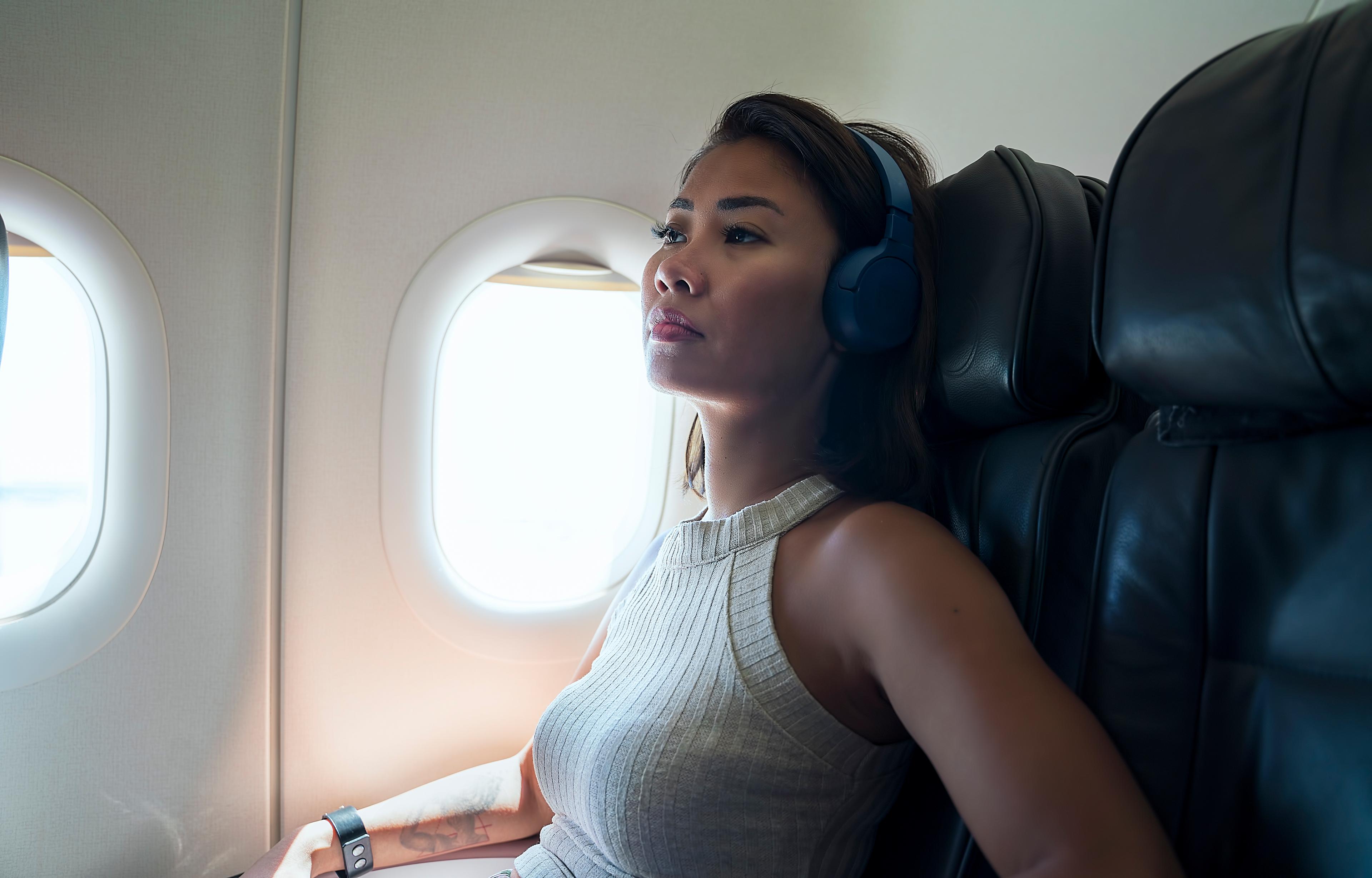3 Tips to Ease Travel Anxiety
Shandra Martinez
| 4 min read

Vacations are supposed to be fun and relaxing - a chance to see new places or reconnect with some of our favorite people or cities. Even work trips can be seen as an adventure, a break from our ordinary routine. But what if getting ready for those trips and going on them causes stress? Anxiety that builds around travel times can be an uncomfortable issue for some people. We’re going to share some tips to ease that travel anxiety.
What is travel anxiety?
Also called vacation anxiety, travel anxiety is a broad term for a condition that can affect millions of people each year. And it can feel different for each person, based on their individual stress points. For some people, just the thought of breaking from their routine to go somewhere new makes them uneasy. Others may dislike traveling by airplane or taking long car trips. Still others detest the thought of packing for a trip and worry in advance about forgetting things.
A recent poll shared in a Boston Globe article found that more than 90% of Americans surveyed said travel was anxiety-producing for them in some way. All the planning needed before trips got high marks for creating stress, the poll showed. But so did air travel, especially all the steps travelers have to go through to board planes.
And travel anxiety symptoms can vary. Some people say it feels like a panic attack with chest pain or shortness of breath. Others claim they can’t sleep well before a trip. Some get headaches or have digestive issues. Other people just feel tense or like they’re in a bad mood.
Three ways to ease travel anxiety
Whatever form travel anxiety takes, there are ways to lessen it. A big part of this is spending a little extra time on certain details before your next trip. Here are three things you can do before, during and after a trip to make your time away less stressful.
1. Be better prepared. If you’re the kind of person who can breezily toss some clothes in a bag and be ready to walk out the door in 10 minutes, great. Most people are not, and this can be a stress point. Before your next trip:
- Make a packing list a day or two ahead of time. Start putting what you will need in one place, making it easier to pack.
- Make sure you have any documents ready that you will need. If you’re flying, download your tickets or have a paper copy of your itinerary. Make sure your ID and credit cards are in your wallet, and that you’ve got at least a little cash available. If it’s a work trip, have any paperwork, laptops or tech devices you will need ready to go, with their chargers.
- Traveling with kids? If they are old enough, give them a packing list and doublecheck their bags before they leave. Pack in advance for young children, then let them add in a few of their favorite things.
2. Decide on your travel style. Each trip might have a different feel, but it helps to know in advance what your travel style will be. Traveling to see family, with lots of relatives in the mix, usually means having to stay flexible. If you’re going to want pockets of time for yourself, keep that in mind before you go.
Going as a couple, with a friend or solo? Unless you’re going only for a poolside beverage-and-beach vibe, it helps to create a framework. Select a few things you want to do. Book tours or activities in advance, then leave enough free time for exploring and fun.
3. Create a landing zone. The couple days after a trip is over can be rough. Settling back into a routine, dealing with jet lag and getting right to work can feel tiring. To make this easier, give yourself some wiggle room on your return. Clear your calendar as much as you can. Don’t make appointments or set project due-dates for a couple days following your trip. This extra time will create a more relaxed landing zone after your trip.
3. Create a landing zone. The couple days after a trip is over can be rough. Settling back into a routine, dealing with jet lag and getting right to work can feel tiring. To make this easier, give yourself some wiggle room on your return. Clear your calendar as much as you can. Don’t make appointments or set project due-dates for a couple days following your trip. This extra time will create a more relaxed landing zone after your trip.
If you are managing anxiety, talk to your health care provider and/or mental health professional about your concerns before traveling.
Photo credit: Getty Images





